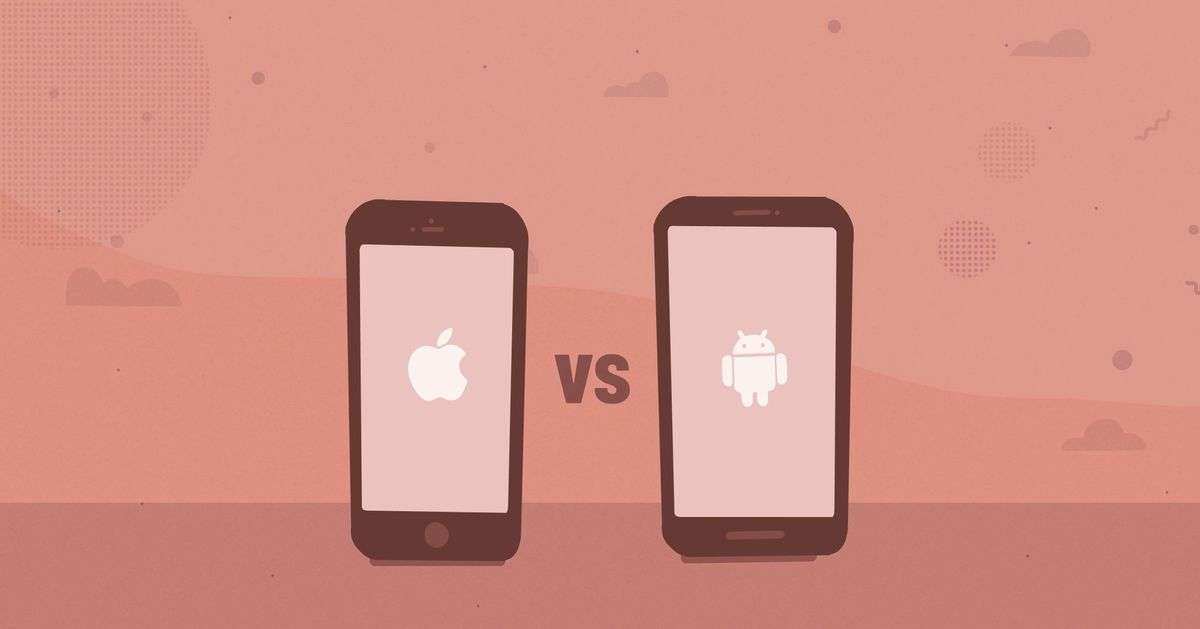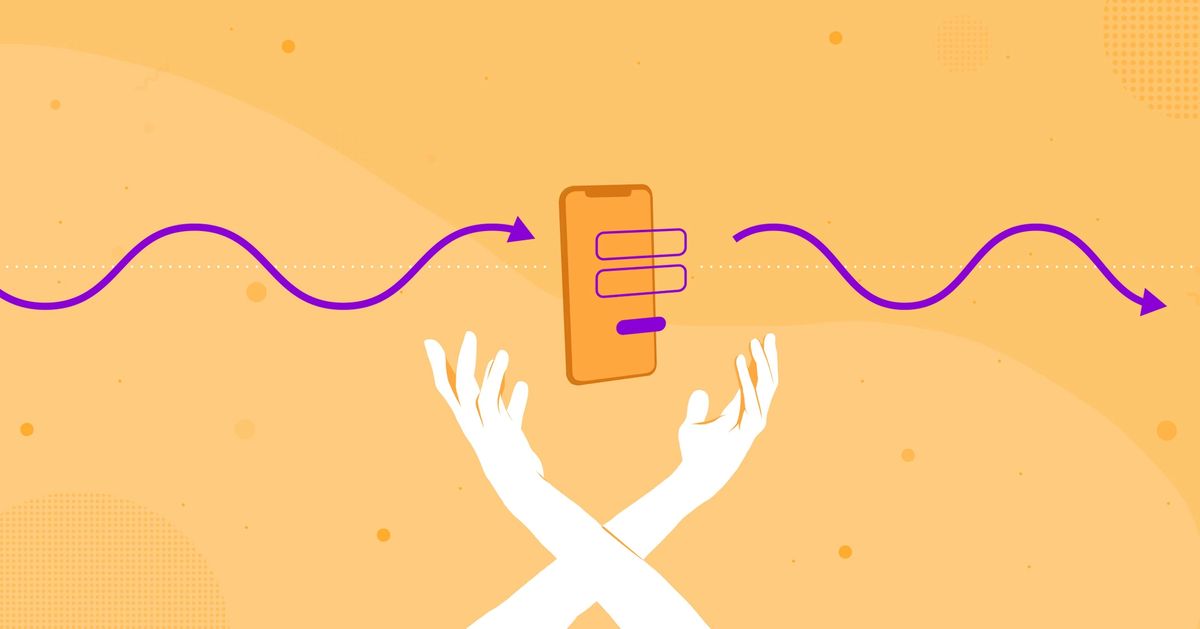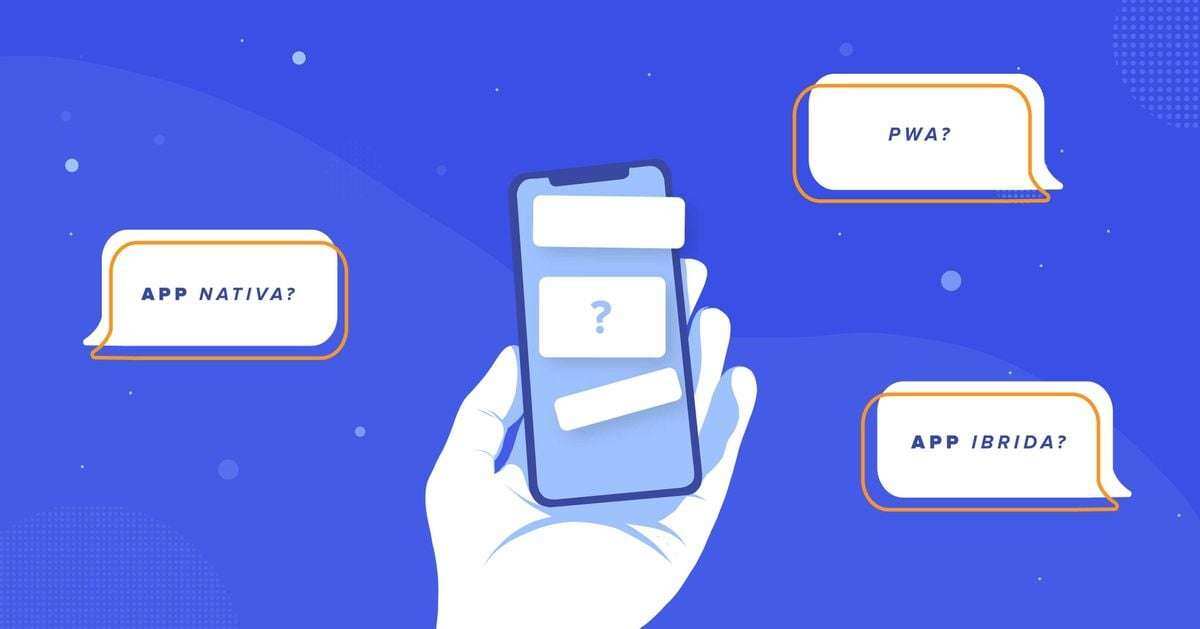
Have an App Idea? These are 10 Critical Questions You Need to Ask Before Starting Development
Essential for a successful app
So you have an idea for an app?
Before you rush out and get started on development, there are a few things you’ll need to consider.
That's exactly what this article is about.
The most successful apps have one thing in common — a plan.
That’s right, most of the best app ideas were fine-tuned by asking questions just like the ones you’ll find below. Proper pre-development preparation is one of the most powerful tactics at your disposal and will set you on the path to creating a successful app.
Below you’ll find a list of essential questions to ask yourself before you begin development. Take your app idea and run it through this list and you’ll undoubtedly build a better final product.
Who knows? You might just create the next game changer!
10 Critical Questions You Need to Ask Before Starting Development
#1 What Do You Want the App to Do? What’s the Mobile App’s Purpose?
This is the big one. This question will help you understand exactly what you want from your app.
One thing is for sure: You’ll need more than a general idea before you get started with the development process.
Understanding the functionality you want from your app will help you answer each of the following questions more easily. If you don’t fully know what you want from your app yet, take a stroll through some of your favorites and those related to your app idea.
Take note of the features you like and will want to include in your design. Pay attention to the level of intuition these apps provide. Is that important to your design?
If your app idea is complex and detailed, make sure you understand how intricate your app will need to be to achieve your idea and provide a positive user experience along the way.
If you have a simple idea, look for ways to make your app more engaging, exciting, and/or easier to use. Do something your competition doesn’t.
You should have a very clear picture of what you want your app to do and how you want it to perform before you enter the development phase. Your developer can help make suggestions and streamline the process for you, but you need to approach them with the full picture.
# 2 Do You Want to Make Money from the App?
There are plenty of people out there creating apps for fun. There are even those developing apps to make the world a better place. If you’re one of them, power to you. You’ll probably have more time to allot to your project and it won’t be as important that it’s absolutely perfect.
However, most apps are designed to be monetized, either through paid downloads or a marketing platform like localytics. If you’re looking to create an app that people will pay to download, it better serve a unique purpose and it better be good.
Creating an app that solves a problem isn’t good enough anymore. It needs to be better than the others that, at a glance, appear to be just like yours. If you want to create a moneymaker, be sure to do something new or better to help you stand out.
# 3 Who is Your Target Market?
If you’re looking to create an income stream, you’ll need to know who you’re building your app for. Lots of games are free because they’re downloaded by people who have more disposable time than disposable income.
If you’re looking to make money from those in that demographic, you’ll want to create a fun and engaging free app that people continue to play. That way you can benefit from an ad display platform for years to come.
On the other side of the spectrum, complex apps that perform a specific task are often ad free, but come with a price tag upon downloading. You’ll want to create an excellent product that delivers on all of its promises in order to boost your reviews and your rankings in each mobile app platform.
#4 Do You Want it to Be a Web, Native,or Hybrid Mobile App?
People often have “app ideas,” but don’t understand that there are actually 3 types of apps available to use for development.
A Web App is basically the mobile version of a website that is created to make the most of the mobile user experience. Web apps can be accessed from any browser and don’t need to be downloaded. If you’re looking for a way to improve your business’ mobile user experience, you may be thinking a web app idea. Web apps are typically cheaper to develop and take less time, but you’ll miss out on the exposure of the app markets.
Native Apps are platform specific, meaning they live only on an Android or iOS platform and cannot cross over to the other. If you have a detailed, complex, user-intuitive experience in mind for your app, you may have an Android or iPhone app idea. Native apps are usually more complicated and therefore cost more and take longer to develop. You’ll also need to develop two different apps in order to reach both platforms.
Hybrid Apps are a mix of web and native apps, giving you some of the intuitive user experience and functionality of a native app, but with multi-platform accessibility. You’ll find that the hybrid user experience to be below that of a native app, but it requires a smaller investment of your time and money to create. You’ll also benefit from reaching the exposure of both app markets easily.
#5 Will the App Be its Own Business or an Accessory to an Existing Business?
This is one of the most important (and most obvious) questions you’ll need to ask yourself. While the answer may be easy, this question deserves a hard look.
Accessory to Existing Business
If you’re creating your app as an accessory for an existing business, the type of app you need will be determined by the size and type of business. Small businesses are often looking for a new way to interact with their customers, expand their reach, or increase the overall convenience of the way they do business. You may only need a simple web app or hybrid app to satisfy your needs and professional help may still only require a small investment of your time and money.
Larger businesses may want to do more for their customers and need to create a more complex and robust app. At this point it's time to start thinking about individual Android and iPhone app ideas. A native app or a well-designed hybrid app may be more appropriate for your needs.
App as a Business
If your app is going to be a product that you market and sell, you’ll need to think about things in a different way. Your focus should be on the end result: the user experience. If you’re creating an app that makes life easier or performs a task in a new way, you’ll need to understand what that type of functionality translates to in the development process.
You’ll need to know more about how well you can integrate that functionality into a hybrid app or if you’ll need to go platform-specific to accomplish what you want to achieve.
#6 What’s Your Development Timeline?
The time you have to develop your app may be an important deciding factor for your developer. Traditionally, native apps take longer to build, so if you’re pressed for time and need to launch your app soon, you may want to consider creating a hybrid app with professional help to speed up the process.
If you have a longer timeline to work with, creating a native app may be more feasible if you decide that’s what you’re looking for. The user experience of a native app will almost always be better, so if you have the time and budget it’s something you’ll want to consider.
If you have more time than money and a very simple app idea, you may even want to try your hand at development. A simple Google search will point you toward software that exists to help novices turn their simple app ideas into reality. While most people find development difficult, you may discover a hidden talent that you never knew you had.
#7 Are You Developing the App or Hiring a Mobile App Development Company?
Unless you’re a professional developer, you may not understand the complexity of app development in it entirety. Software does exist that allows you to create basic apps on your own. Simple app ideas created for personal use or for a small group of people may benefit from this type of DIY app development.
That said, if you’re marketing your app in the hopes of monetizing it, or if your app idea is creative or complex, you’ll want to approach a professional Mobile App Development Company.
In fact, approaching a professional is a great idea for anyone with app ideas, even if it’s only for a consultation. They'll be able to help you answer a lot of the questions on this list in greater detail, especially if you’re a novice in the development field.
You're the one with the idea. You don’t have to be the one who understands the nitty gritty of the technical side of app development.
#8 What is Your Development Budget?
The cost to develop an app varies from a few hundred dollar to several thousand. If you have an idea for an app, understanding any budgetary restrictions you may encounter is important. For simple app ideas, a hybrid app may be all you need. That usually translates to less time and money.
If you have a very detailed and complex app idea, you may need to create native app that is more expensive and takes longer to get to market. The more you want your app to do, the more unique your project, the more it will ultimately cost.
#9 iPhone, Android, or Both?
You may have determined that you need to create a native app to make the most out of your app. The user experience your app will provide will be out of this world. Unfortunately you’ll have to create separate apps to reach both platforms.
So here’s the next question.
Does your app idea fall under the category of iPhone app ideas, Android app ideas, or both?
Look at your answers to the questions above to help you decide. If you want to make money you may find the App Store more appealing, as it tends to generate more downloads. The Android platform is a little more crowded.
That said, your demographic has more to do with your decision than anything. Do your research. See how many similar apps already exist on each platform and how the existing ones are performing. Read user feedback and take note of what people like and dislike when creating your own product.
If you’re simply looking for your app to promote your business, look to Android. You won’t need to have your app reviewed and it will be live a few minutes after it’s published.
#10 Should Your App be Free or Paid?
Once you have your app idea developed, you’ll need to launch it. Whether you include a price tag or decide to monetize with ads is up to you, but here’s how it usually works.
Games and entertainment are typically free, but show ads.
Things like clerical software won’t usually display ads, but typically they come with a price tag for the full version.
Speaking of different versions, the best way to test which monetization method suits your app is by creating two versions. A paid version that includes all of the features and is ad free, plus a free version that has ads or is a limited version that doesn’t include the full functionality or your app.
Get started!
By now you know more about your app idea than ever. In fact, you know more than most people do before they set out to create an app.
You don’t just have an idea for an app, you have a clear view of all of the variables. You now understand what it takes to turn your app idea into a successfully developed, properly monetized application that will benefit its users.
It’s time to get started with the development process. If you have any questions, contact us today and we’ll help be happy to help you answer them.


